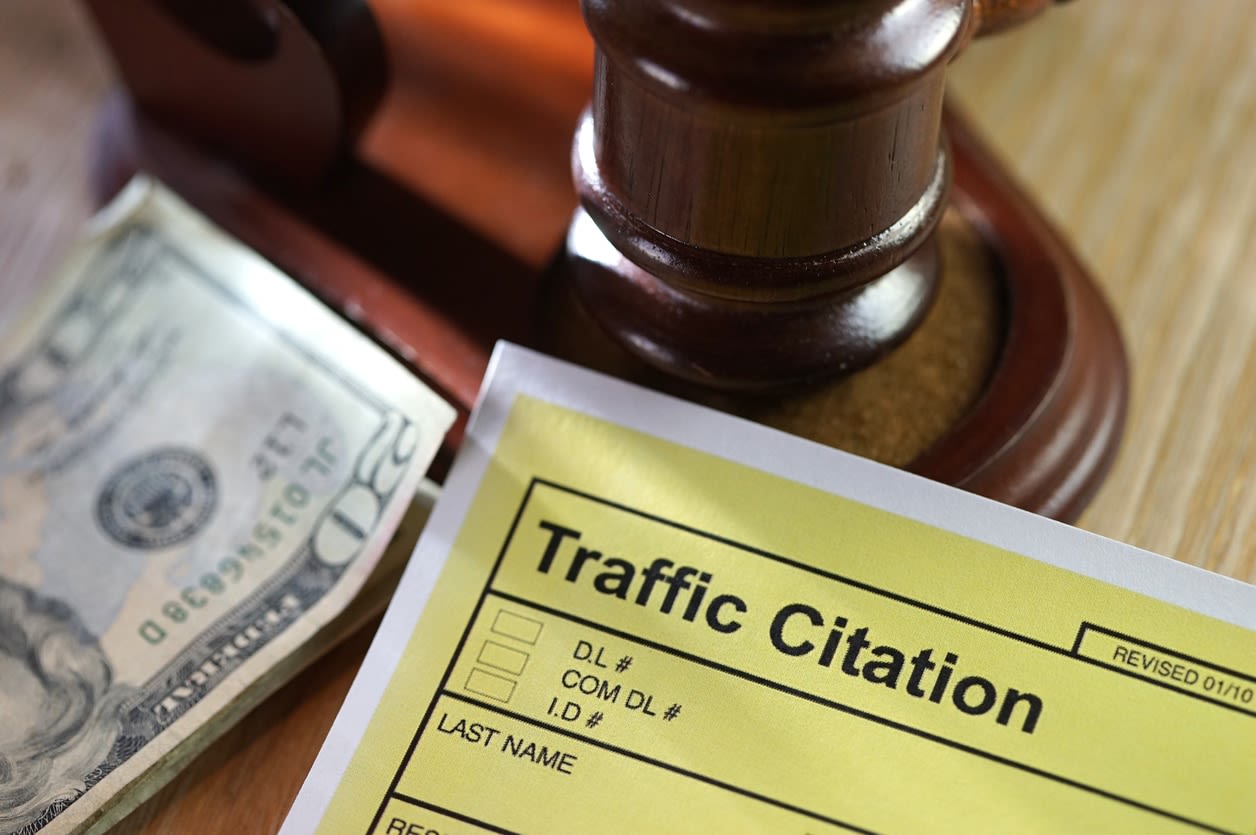
Moving Violations vs. Non-Moving Violations, What's the Difference?
In the realm of traffic violations and law enforcement, it's essential to understand the differences between two main categories of offenses: moving violations and non-moving violations. Differentiating between these two types of violations can help Kansas drivers navigate the complex world of traffic laws more effectively and make informed decisions.
Moving Violations
A moving violation is exactly what it sounds like. It occurs when some type of traffic law is violated by a vehicle in motion. This typically is speeding, but can be drunk driving, running a red light or stop sign, or an improper lane change.
Non-Moving Violations
A non-moving violation is slightly more complicated than a moving violation, and they can occur while the vehicle is in motion. Examples of non-moving violations are driving without a seatbelt, being on your cell phone while driving, expired registration, having a broken taillight, or not having a valid license plate. What makes these non-moving violations is that they can occur when the vehicle is not in motion, whereas moving violations cannot.
Penalties for Moving Violations
Fines are always associated with moving violations. Depending on how far over the speed limit you were going, fines are just the beginning of moving violations penalties. First, your auto insurance will inevitably increase. You also may encounter other serious penalties such as license suspension or revocation, community service, or in the most extreme scenarios, jail time.
Penalties for Non-Moving Violations
Typically, non-moving violations just require a fine. Occasionally, you will be required to rectify the issue that you were cited for, such as fixing a broken taillight or renewing your vehicle registration. Non-moving violations do not result in insurance increases. As you can see, non-moving violations have less consequences. There are even some cases when your speeding ticket can be considered a non-moving violation, which would result in significantly less consequences.
6 MPH Buffer
If you get a ticket where the speed limit is between 30 and 50 MPH but are only going 6MPH over the speed limit, your ticket will not be considered a moving violation.
10 MPH Buffer
If you get a ticket where the speed limit is between 55 and 75 MPH but are only going 10 MPH over the speed limit, your ticket will also not be considered a moving violation.
Do you have a traffic ticket that you need help contesting? Our experienced attorneys are here to help! Please reach out on our website or give us a call at (913) 451-9500 to schedule a free phone consultation today!